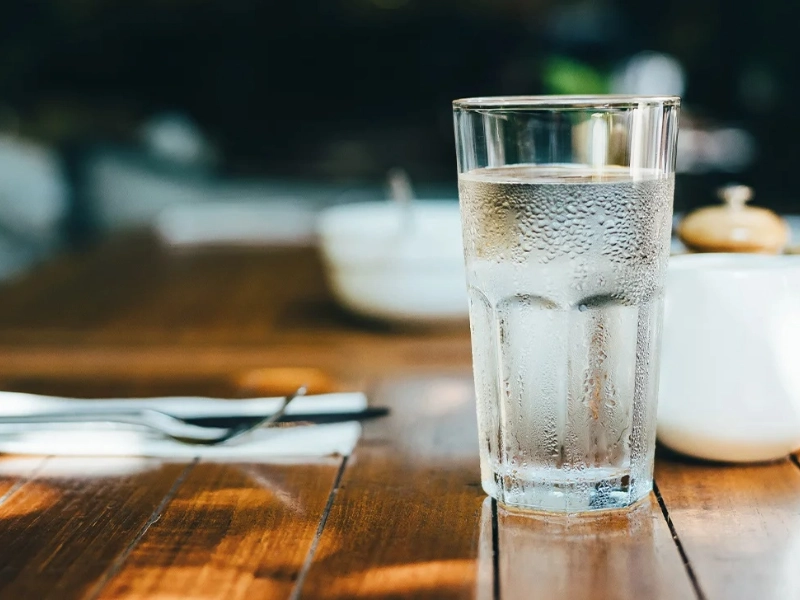Forget 8 Glasses: The New Rule for Staying Hydrated
Advertisement
5. Hydration and Exercise: Balancing Fluid Loss During Physical Activity

Advertisement
Regarding physical exertion and activities, appropriate hydration becomes even more crucial. Through perspiration and more breathing during exercise, the body loses large volumes of fluid; neglecting to replace these losses may result in poor performance, higher risk of heat-related sickness, and possible health problems. Maintaining best hydration and performance depends on knowing how to balance fluid intake with fluid loss during physical exercise.
Factors include the intensity and length of the exercise, the surroundings, and personal variations in sweat rate can all considerably affect the amount of fluid lost during activity. People can lose anything from 0.5 to 2 litres of fluid each hour during activity. This loss is not only water; sweat also carries electrolytes, mostly salt and chloride, with minute amounts of potassium, magnesium, and calcium.
Starting well-hydrated helps one to stay properly hydrated during workout. About two hours before exercise, sip sixteen to twenty ounces of water to make sure you're sufficiently hydrated at the start of your activity. Try to sip often during activity to restore lost fluid. Although this can vary depending on personal needs and the type of the exercise, a basic rule is to drink 7–10 ounces of liquids every 10–20 minutes.
Water is usually plenty for less than an hour's activity for hydration. On more vigourous or longer exercise, particularly in hot weather, a sports drink with electrolytes could be helpful though. These beverages offer some carbohydrates for energy and help restore the electrolytes lost through perspiration. Still, you should pick these beverages carefully since some have lots of calories and sugar.
Additionally important is paying close attention to water following exercise. You can end the session somewhat dehydrated even if you drink while your exercise. For every pound of body weight lost during exercise, a decent guideline is to sip 16 to 24 ounces of fluid. Comparing your weight before and after exercise will help you to estimate the fluid you have lost and require replacement for.
It's crucial not to overhydrate, too, since this can cause a hazardous disorder known as hyponatremia—where the blood's salt concentration gets too diluted. This is particularly likely in endurance races when competitors sip vast amounts of water without enough electrolyte replacement.
Understanding your own fluid demands while exercise helps you as individual sweat rates differ greatly. Weighing yourself both before and after a workout helps you to consider any fluid you drank throughout the exercise. This can help you to estimate the usual fluid loss under several kinds of exercise and in diverse surroundings.
Another strong clue of your level of hydration is the colour of your urine. You probably are well-hydrated if your pee is pale yellow. Should it be dark yellow or amber, you might have to up your fluid intake. Urine colour can be affected, nevertheless, by some diets, supplements, and drugs.
Working with a sports nutritionist or dietitian can help athletes or others regularly engaged in hard exercise create a customised hydration plan. They can help you evaluate your electrolyte requirements, figure your perspiration rate, and design a schedule guaranteeing ideal hydration for your particular activity and situation.
Recall, good hydration goes beyond simply sipping water while doing out. Hydrating before activity, restoring lost fluids during exercise, and properly rehydrating afterwards help one be ready for activities. Understanding your body's demands and creating a strategic hydration plan will help you to make sure your body is getting the fluids it needs to function at its best and heal properly.
Advertisement
You May Like

